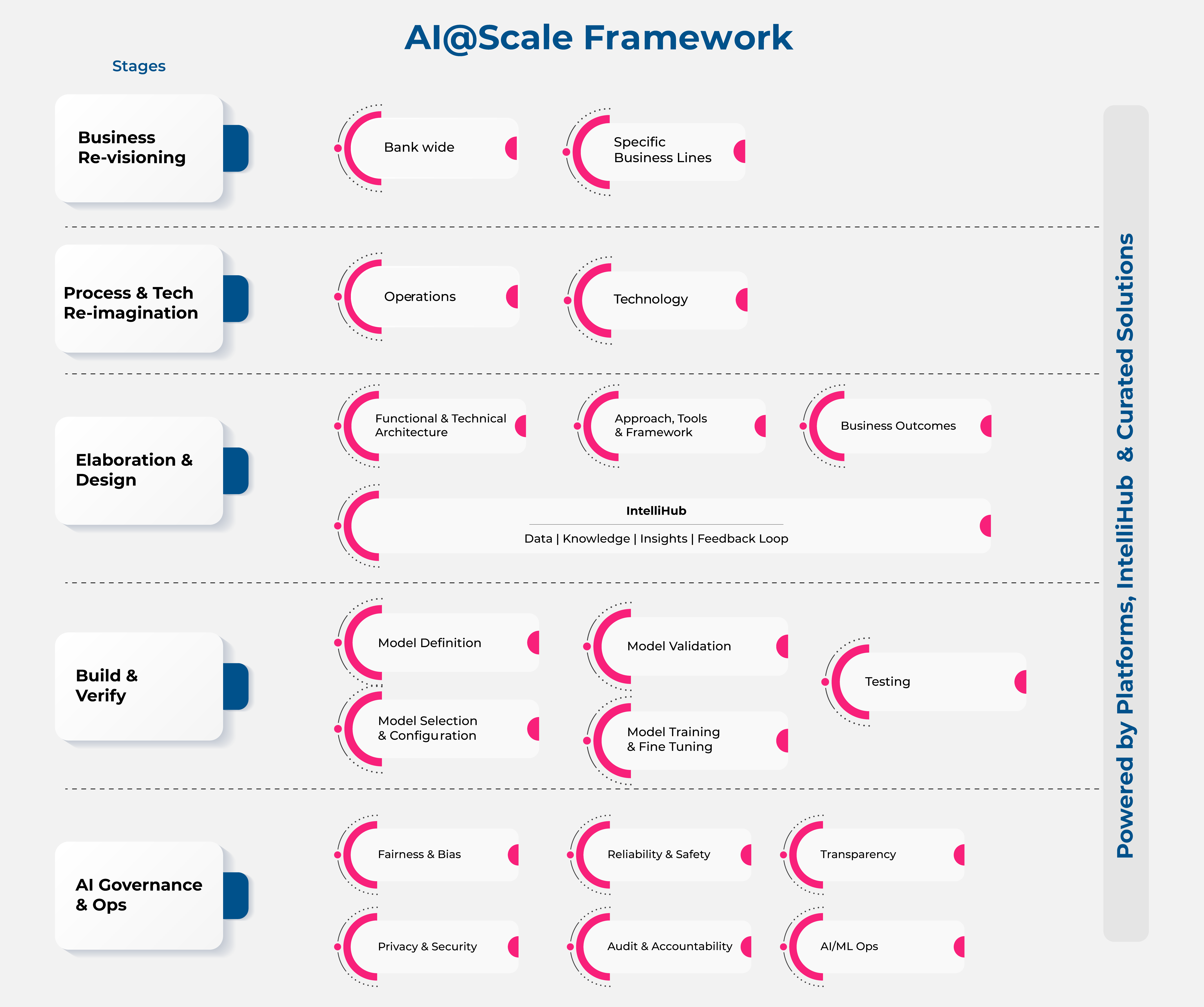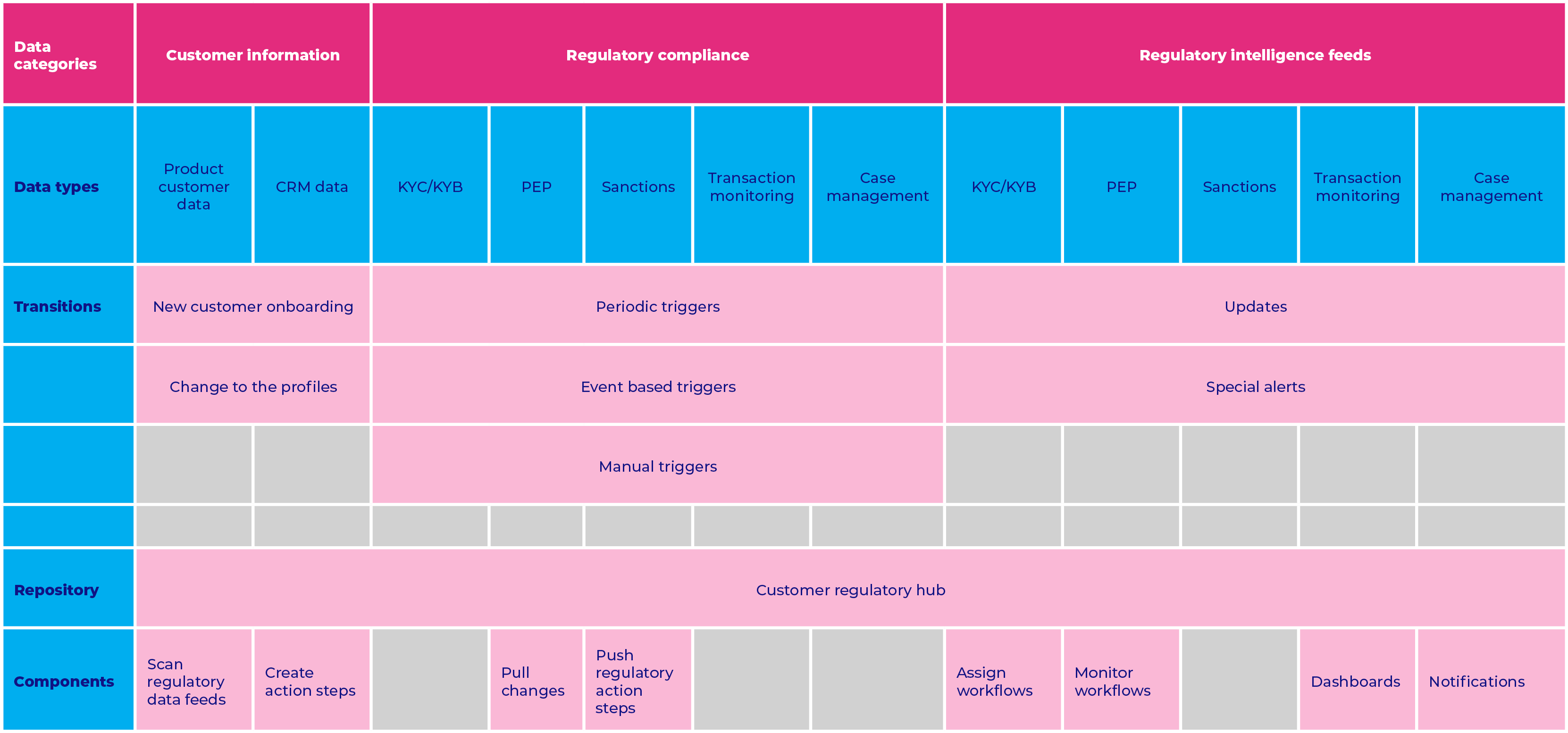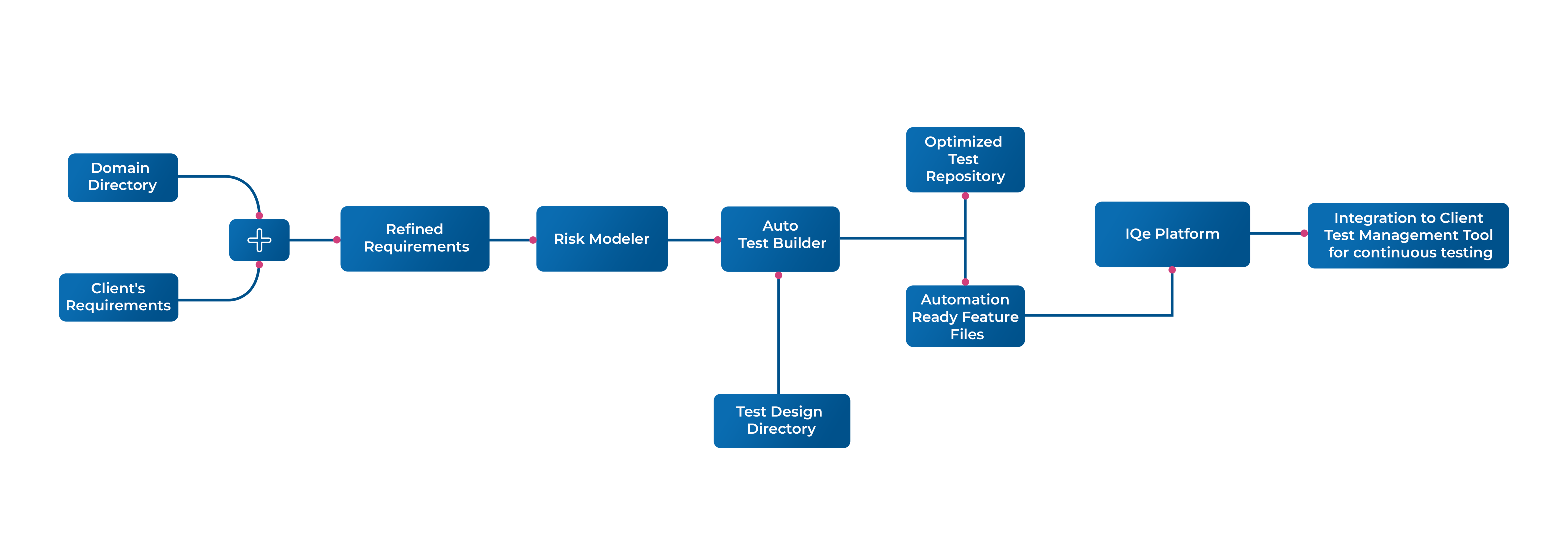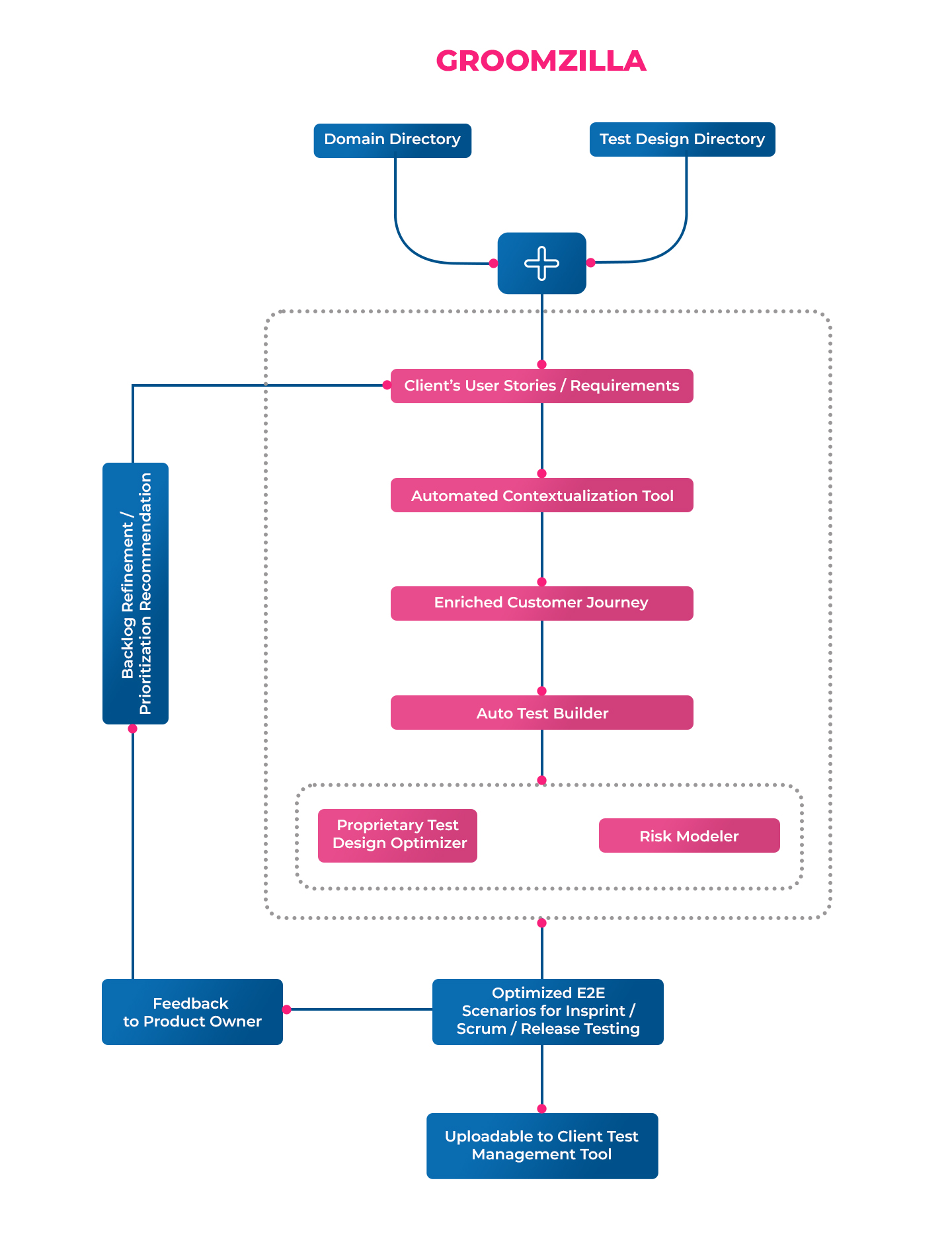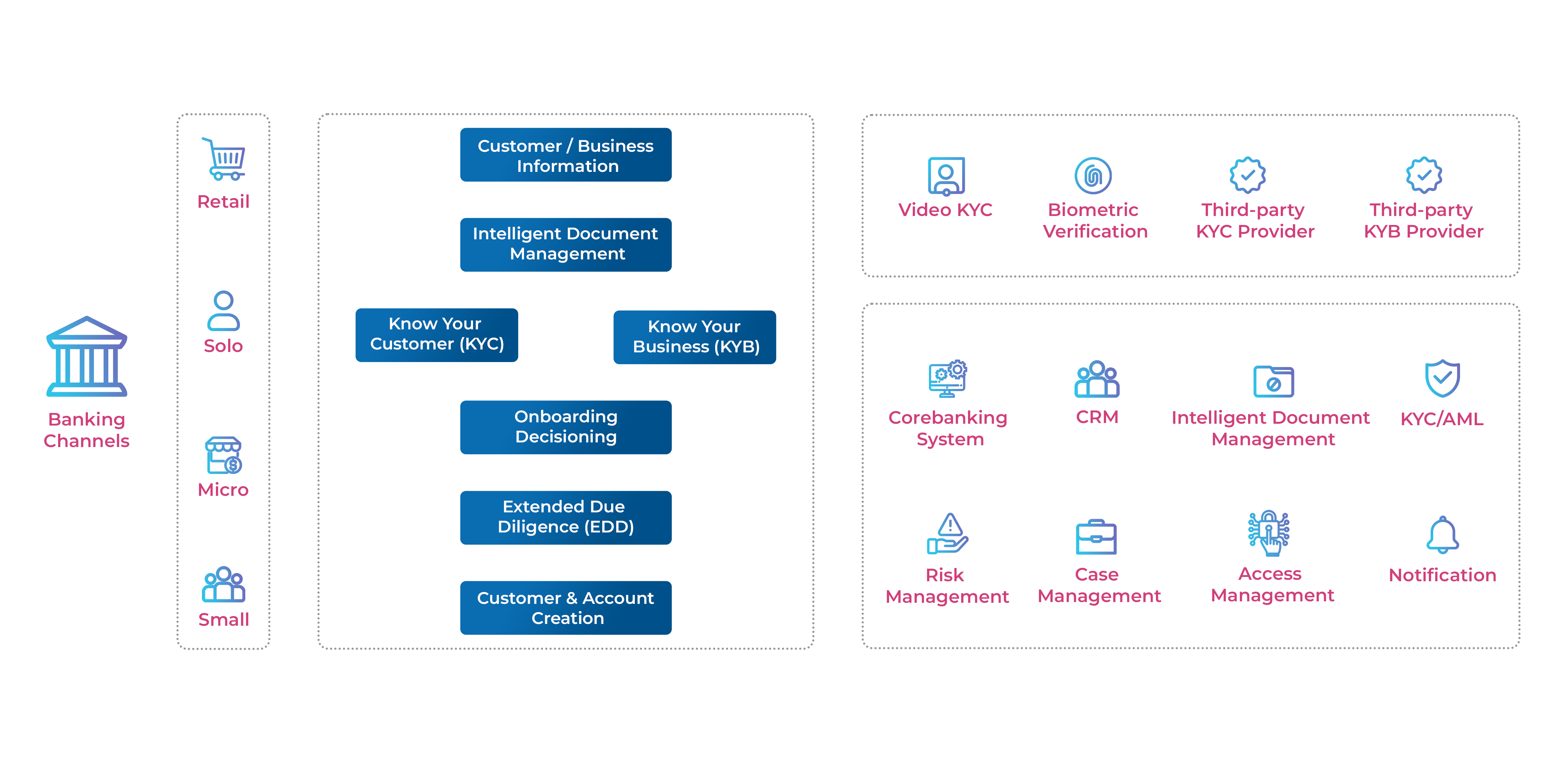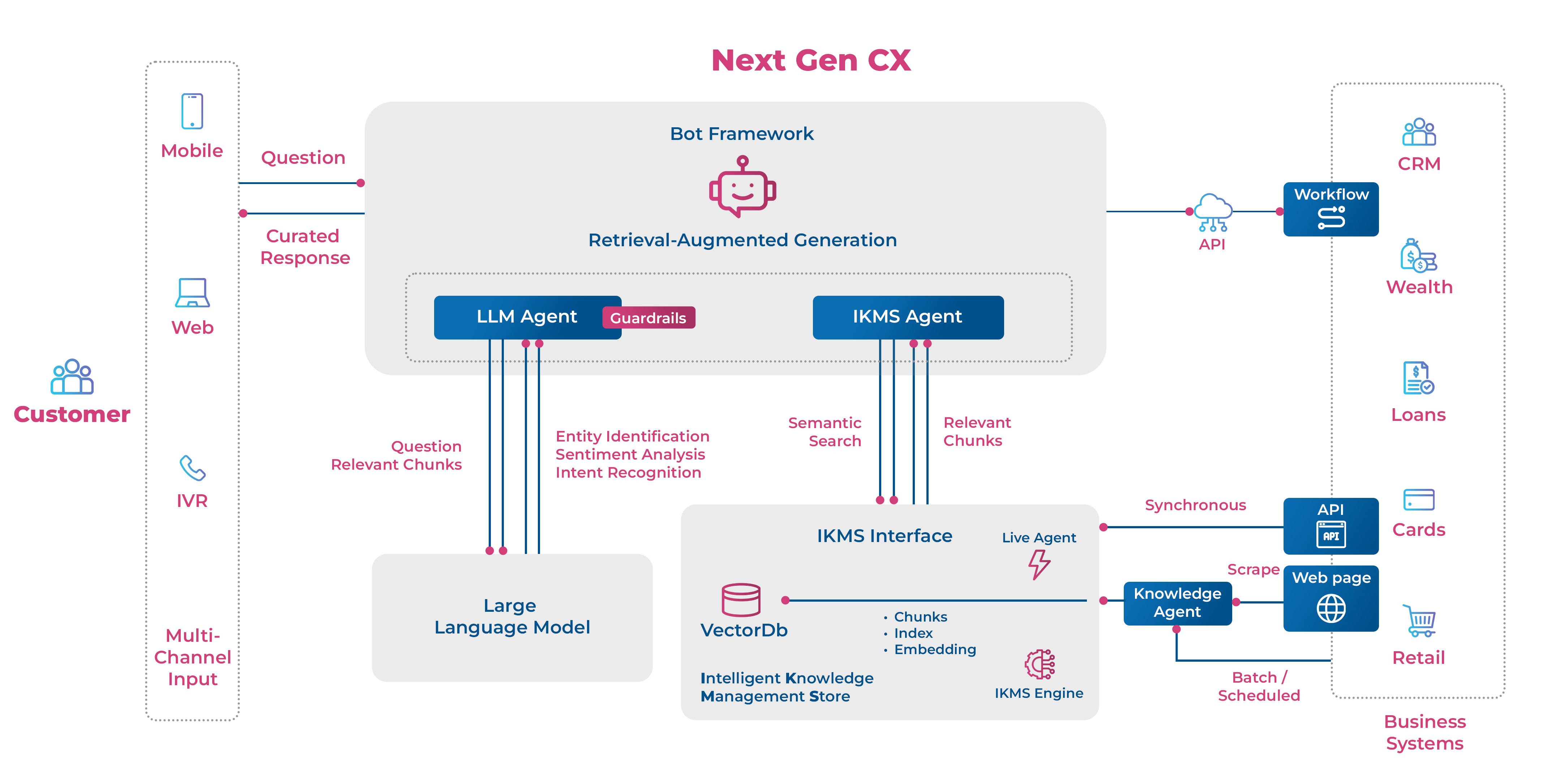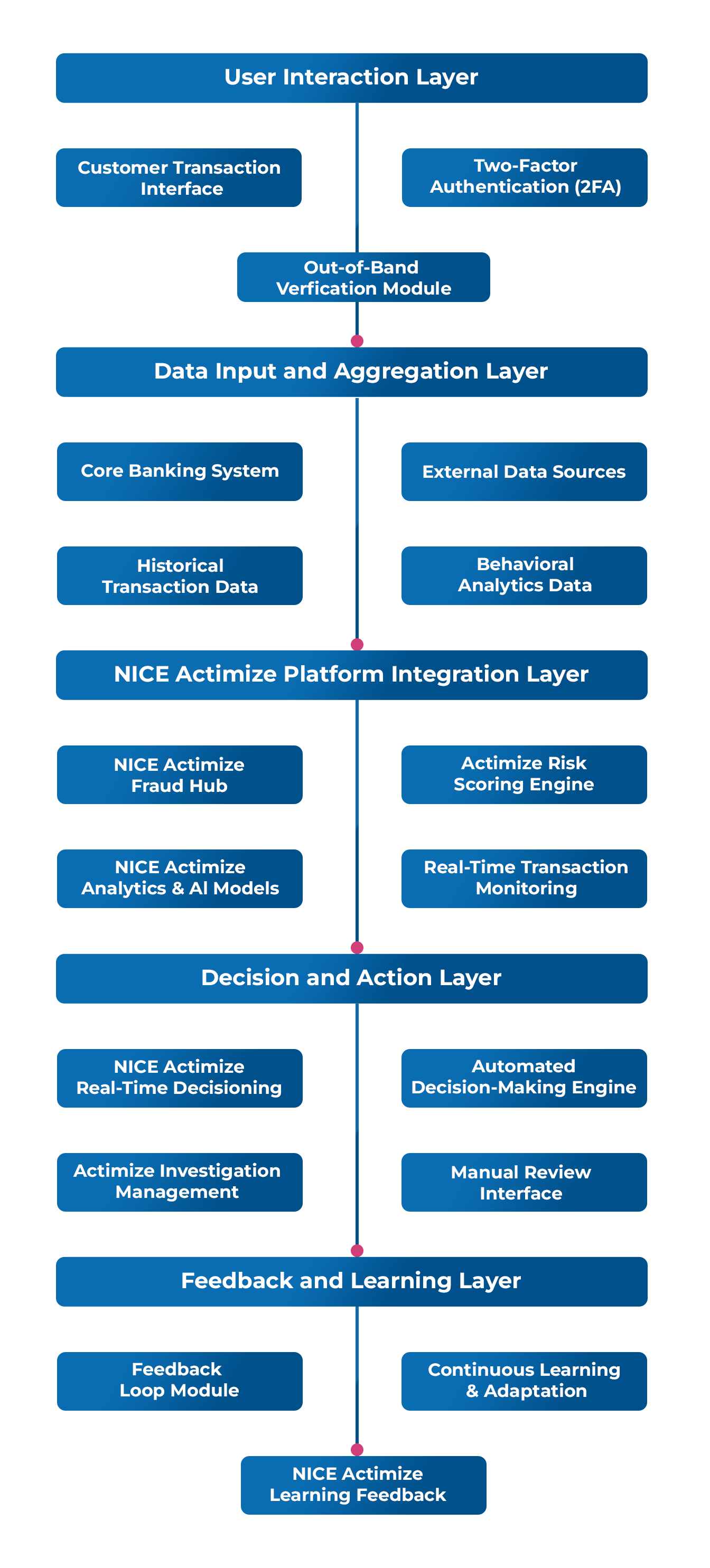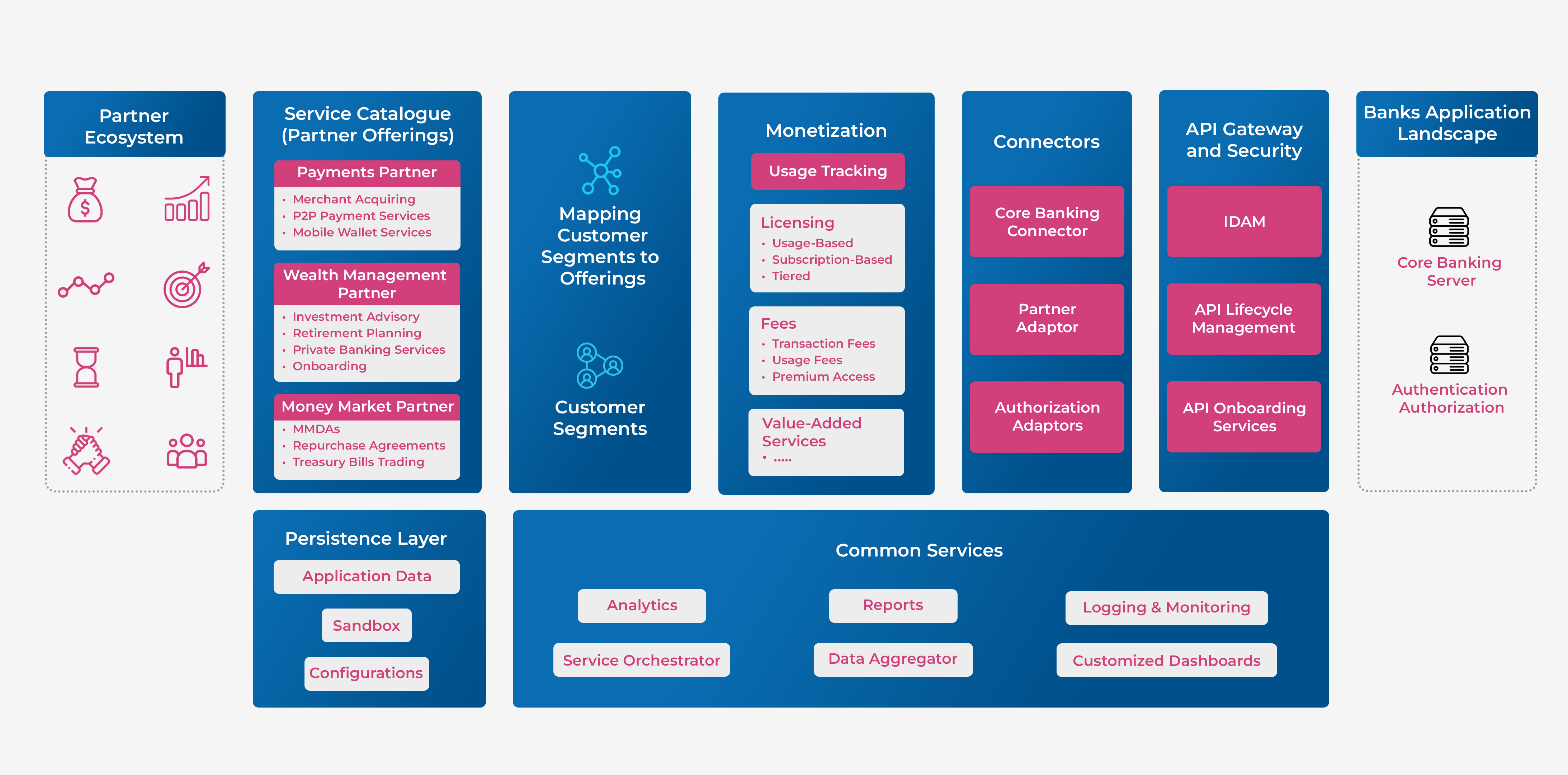What Is Retail Banking?
Retail banking, also called consumer banking or personal banking, is a type of banking that serves individuals instead of businesses. Retail banking is a way for regular people to manage their own money, get credit, and safely put cash in the bank. In terms of services, there are checking and savings accounts, mortgages, personal loans, credit cards, and certificates of deposit services that retail banks offer (CDs).
Most people use local branch banking services, which take care of all of a retail customer’s banking needs on-site and are used by most people. Financial representatives help with customer service and give financial advice at local branch locations.
A customer might not use all these retail banking services, but the most important is putting money into a checking or savings account. This is a common and safe way for people to keep their money. Also, it lets them make money on their money by earning interest. Both checking and savings accounts come with debit cards that make it easy to get money out of the account and pay for things.
How a Retail Bank makes money
A retail bank keeps the cash that its retail customers deposit. It then lends the money it gets from these deposits to other clients. The banks make money by charging higher interest rates on these loans than they pay on deposits from customers.
Retail bank types
Basis their size, there are many different kinds of retail banks, from small, locally run local community banks to the retail banking services of large, global corporate banks like JPMorgan Chase and Citibank.
Small Banks.
They work in a small area through branch banking and offer almost all the same services as the big banks. This makes them well-known among the public. But compared to them, they have smaller market shares and less money in the bank.
Large Banks.
These big banks are based in big cities and have many branches. They also have a lot more employees than small banks. Also, many retail customers buy them because they are so popular.
Online Banks.
As the name suggests, online banks do their business over the Internet and do not have physical offices. Also, they run through an official website that can be accessed anywhere in the world. Most people now prefer to do their banking from the comfort of their own homes.
Products and Services for Retail Banking
Saving Bank accounts.
Also called “interest-bearing accounts,” this is an excellent example of retail banking for basic deposit accounts to keep cash safe and earn a reasonable interest rate. The banks put the money away for short-term needs and usually limit cash transfers and withdrawals.
Checking accounts.
These deposit accounts make cash withdrawals and deposits for regular payments easy and, in most cases, unlimited. They are also called “transactional accounts” because customers can use debit cards to buy things and pay bills online. Still, they pay less interest than savings accounts.
Debit Cards.
These payment cards are used to pay for things without cash. The money is taken directly from the savings or checking account. They also link directly to the bank account and can be used at ATMs (ATMs).
Deposit certificates (CDs).
This savings account holds a set amount of capital for a set amount of time, and the bank that offers these accounts pays interest in exchange. When the money is cashed in, the person gets both the original amount and the interest.
Credit Cards.
Banks give out credit cards so customers can borrow money for digital transactions with a set line of credit. Cardholders must pay back the total amount, plus any interest, on or before the due date to avoid credit risk.
Home Loans.
These bank loans enable customers to purchase homes. Also, second mortgages mean that customers can use the value of their home as collateral to borrow money.
Personal Loans.
These loans involve getting money from banks, online lenders, or credit unions to pay bills. Also, monthly payments pay the multi-purpose unsecured loan back over a few months or years.
Conclusion.
Most people think of a retail bank when they think of a bank. Retail banks offer their customers a wide range of products and services. Every city has bank branches where people can get retail banking services like mortgages, credit cards, personal loans, CDs, and checking and savings accounts.To enhance efficiency and customer experience, Maveric Systems’ Retail Banking solution provides innovative digital banking services, ensuring seamless operations and improved financial services for both banks and their customers. Get in touch with Maveric Systems today!



